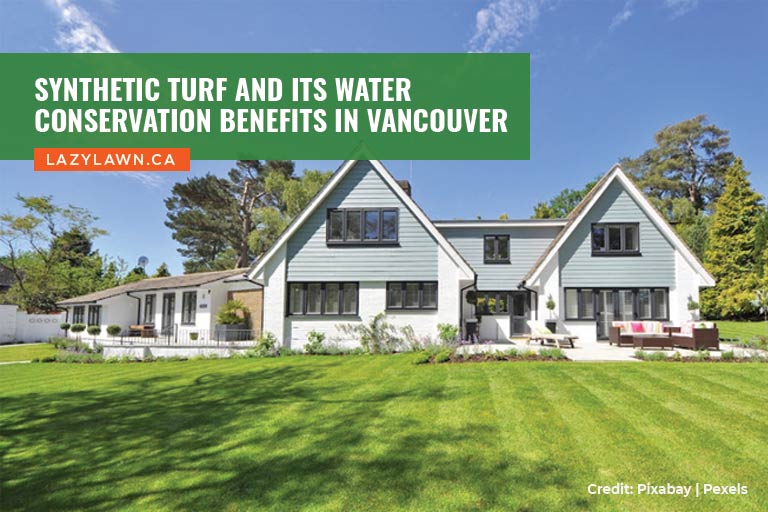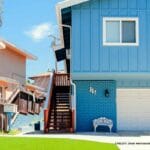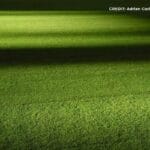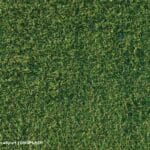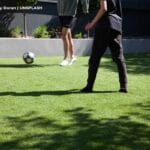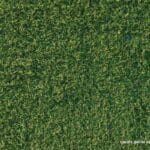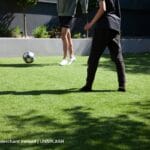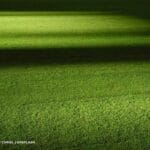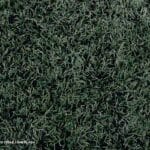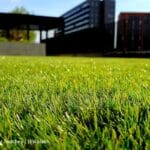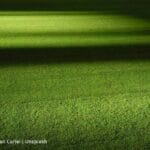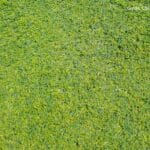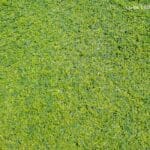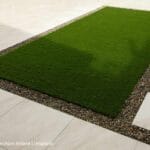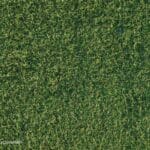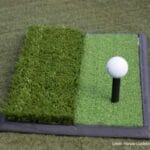Water conservation is an increasingly critical concern in urban areas worldwide, Vancouver one place in particular. With its temperate climate, Vancouver typically experiences considerable rainfall at certain times of the year, yet water conservation remains essential, especially during the dry summer months when water demand surges. One innovative solution gaining traction among many Vancouverites is the investing in synthetic turf, which offers significant water-saving benefits. In this article, we will explore how synthetic turf can contribute to water conservation in Vancouver, highlighting its benefits one by one.
Reduced Water Usage
The primary advantage of synthetic turf is its ability to drastically reduce water consumption. Traditional natural grass lawns require substantial amounts of water to maintain their lush, green appearance, particularly during hot, dry periods. In contrast, synthetic turf does not need any watering to stay green and vibrant. By replacing natural grass with synthetic turf, homeowners, businesses, and municipalities can significantly cut down on water usage, and make water conservation efforts more effective.

Consistent Appearance
Another benefit of synthetic turf is its ability to maintain a consistent, aesthetically pleasing appearance without the need for constant watering. Natural grass can quickly become brown and patchy if not watered regularly, especially under dry conditions such as Vancouver’s summer months. While some Vancouverites are embracing brown lawns, synthetic turf remains an option for those who prefer their lawns green. Synthetic turf, however, remains green and uniform regardless of weather conditions, allowing homeowners to maintain green, neat lawns all year round. This consistency alse helps reduce the temptation to overwater lawns to keep them looking their best, thus contributing to water conservation.
Decreased Reliance on Irrigation Systems
Synthetic turf reduces the need for complex and often inefficient irrigation systems. Installing and maintaining the irrigation systems needed to properly care for natural grass lawns can be expensive and labour-intensive. These systems can also be prone to leaks and inefficiencies, leading to unnecessary water wastage. Synthetic turf eliminates the need for such systems, further enhancing water conservation efforts and helping you cut down on the cost and effort of maintaining a natural lawn.
Lower Maintenance Requirements
The maintenance of natural grass typically involves regular watering, mowing, fertilising, and pest control, all of which require resources and can contribute to water wastage. Synthetic turf, on the other hand, is a noticeably low-maintenance investment. After eliminating the need for watering the lawn, occasional cleaning and brushing are generally sufficient to keep synthetic turf in good condition. This reduction in maintenance needs translates directly into water savings, as there is no longer a need to use water for upkeep.
Environmental Benefits
Artificial turf has several benefits for the environment in general, beyond what it does for water conservation. By reducing the need for fertilisers, pesticides, and herbicides, synthetic turf helps prevent chemical runoff into local water bodies, which can be harmful to aquatic ecosystems. Moreover, the absence of these chemicals means that synthetic turf does not require additional watering to dilute or activate these substances, further conserving water.
Resilience to Weather Conditions
Vancouver’s weather can be unpredictable, with periods of heavy rain followed by dry spells. Natural grass can struggle to survive these fluctuations, often requiring additional watering during dry periods to recover. Synthetic turf, however, is impervious to weather changes, maintaining its appearance and functionality without additional water input. This resilience helps ensure consistent water conservation regardless of weather patterns.
Support for Sustainable Landscaping Practices
Synthetic turf supports broader sustainable landscaping practices by reducing the demand for water and other resources. Landscapes that incorporate synthetic turf often include other water-efficient features such as drought-resistant plants, efficient irrigation systems for remaining natural vegetation, and rainwater harvesting systems. These practices collectively enhance the water conservation benefits of synthetic turf and contribute to a more sustainable urban environment.
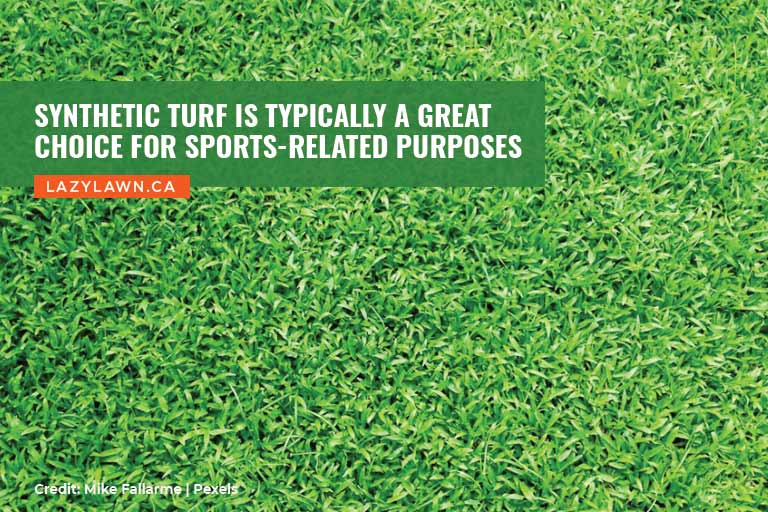
Enhanced Usability of Recreational Spaces
Synthetic turf’s durability and low maintenance make it an ideal choice for recreational spaces such as sports fields and playgrounds. Indeed, synthetic turf comes with a number of benefits like durability and all-weather use that make it desirable for use in sports. Unlike natural grass, which can become muddy and unusable after rain, synthetic turf remains playable year-round without requiring additional watering to maintain its condition. This continuous usability not only conserves water but also ensures that community spaces remain accessible and enjoyable regardless of weather conditions.
Reduction of Urban Heat Island Effect
While the primary focus here is water conservation, it is worth noting that synthetic turf can contribute to reducing the urban heat island effect. Natural grass can cool the air through the process of evapotranspiration, which requires water. Synthetic turf, while not performing this function, can still contribute to cooler urban environments by reducing the need for paved surfaces, which absorb and radiate heat. By lowering the urban heat island effect, there is less strain on water resources used for cooling purposes, indirectly aiding water conservation efforts.
Long-Term Cost Savings
Though the initial investment for installing synthetic turf can be higher than planting natural grass, the long-term cost savings are substantial. The reduced need for water, maintenance, and chemical treatments means that synthetic turf can pay for itself over time. These savings not only benefit the wallet but also support water conservation by eliminating the need for water-intensive lawn care practices.
Positive Community Impact
Adopting synthetic turf can set a positive example for the community, encouraging others to consider water-saving alternatives. When public spaces, schools, and sports facilities use synthetic turf, it highlights the importance of water conservation and showcases practical steps that can be taken. This communal shift towards water-efficient practices can lead to broader adoption of water conservation measures, amplifying the benefits across the city.
Contribution to Water Conservation Goals
Vancouver has set ambitious water conservation goals as part of its commitment to sustainability and environmental stewardship. The widespread adoption of synthetic turf can play a vital role in achieving these goals by significantly reducing the city’s overall water usage. As water resources become increasingly strained, the role of synthetic turf in supporting conservation efforts will become even more critical.
Synthetic turf offers numerous water conservation benefits that make it an attractive option for Vancouver’s urban landscape. From drastically reducing water usage and maintaining a consistent appearance to supporting sustainable landscaping practices and enhancing recreational spaces, synthetic turf provides a practical solution to the challenges of water conservation. As the city continues to grow and the demand for water increases, the adoption of synthetic turf can help ensure that Vancouver remains a vibrant, sustainable, and water-conscious community.
Are you looking for quality synthetic turf for your lawn? Lazy Lawn has you covered. We offer realistic synthetic grass for residential and commercial properties, along with installation services to ensure the turf helps your lawn stand out the way it should. Our synthetic turfs don’t just help you conserve water; they also boost curb appeal and spice up your home the way grass is meant to. Give us a call now at (888) 622-5296 to touch your lawn up today.

